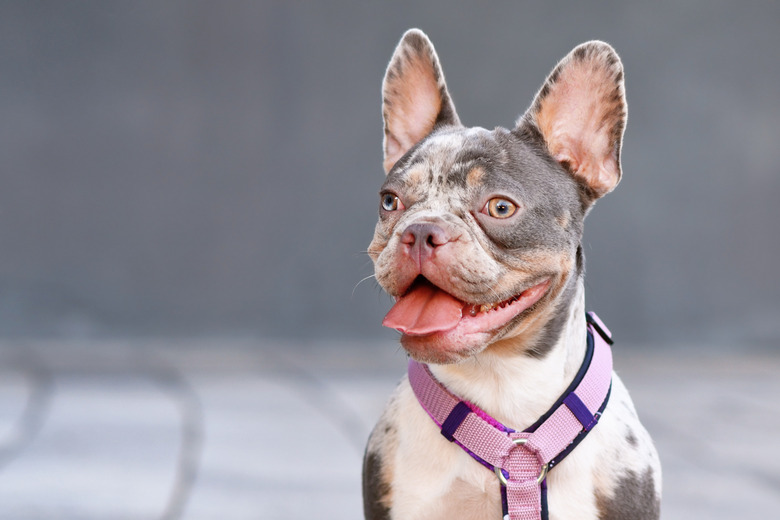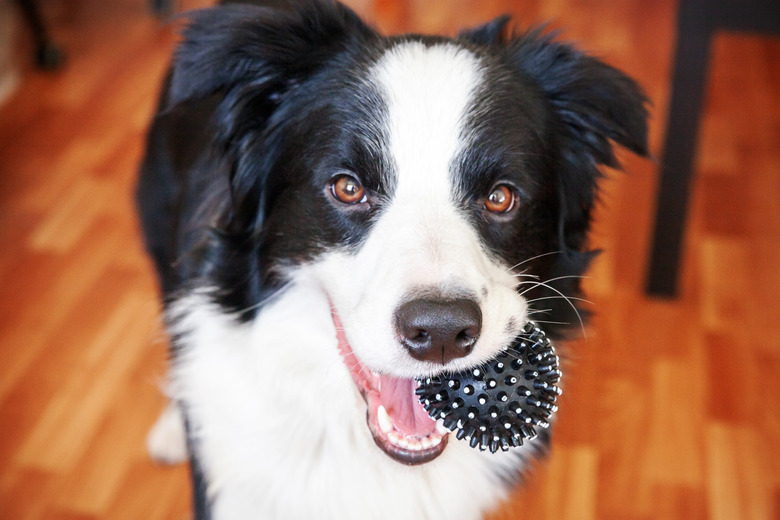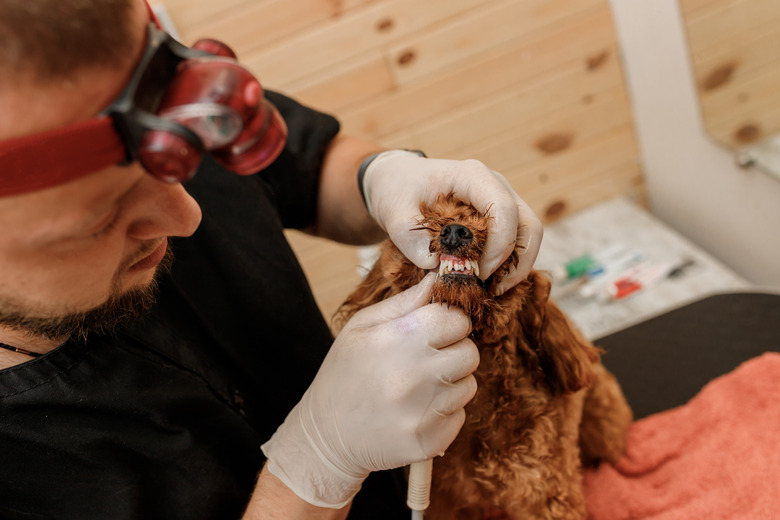How To Care For A Dog's Mouth Laceration
The last thing any pet owner wants is to see their dog in pain, but accidents do happen. Because dogs use their mouth for so much, from eating to playing to communicating with other dogs and humans, there is always a chance that they may injure their mouth, gums, tongue, or lips. This type of injury is not uncommon. Even though most oral injuries are not serious, any cut in a dog's mouth should be cleaned and cared for to prevent further injury or infection. If you are able to use any natural remedies for abrasions in the mouth or injuries to your dog's teeth, it depends on the advice your veterinarian gives you.
General pet care for scrapes in a dog's mouth
General pet care for scrapes in a dog's mouth
The type of care you provide for your dog will depend on the location and severity of the injury. Keeping the area clean is essential in all scenarios, as bacteria inside a dog's mouth can be harmful if they enter open wounds, scrapes, or puncture wounds. An infected cut in a dog's mouth can result in medical complications such as abscesses, septic arthritis, and even an infection of the bones, so proper care is essential.
It's a good idea for dog owners to keep a general pet health first aid kit on hand. You could include some antimicrobial cream to speed the healing process on minor wounds.
Home remedies for treating cuts in a dog's mouth
Home remedies for treating
cuts in a dog's mouth
With any home remedy, follow your veterinarian's advice. Start by cleaning the area. If your dog has cut their tongue or another part of their oral cavity from chewing on a stick, for example, gently examine their mouth and remove any remaining wood pieces or splinters. Use a saline rinse to flush away any remaining dirt or debris. Your veterinarian can provide you with an appropriate antiseptic mouth rinse for your dog or can advise you on how to make one at home.
The severity of the injury will determine whether your dog needs to be seen by a veterinarian. Always seek veterinary advice if you are unsure, as waiting may allow the area to become infected.
Sometimes, an injury in a dog's mouth goes unnoticed when it happens. If your dog is producing red or brown saliva or their breath has an unpleasant smell, you should visit the veterinarian to identify the cause. It could be an infection in an old, untreated injury in the mouth or a broken tooth, both of which will be painful for your dog and require medical care.
Whether your dog requires veterinary treatment or not, you must provide care at home to ensure the best chance of a full recovery. Feed your dog soft food that is easy to chew. This will allow the mouth wound to heal more quickly. Fresh water should be available at all times to help reduce the buildup of food or other debris in your dog's mouth.
As with any injury aftercare routine, monitor your dog's wound and recovery process and contact your veterinarian immediately if you notice any signs of bleeding or infection.
When pet owners should seek veterinary attention for an injury in their dog’s mouth
When pet owners should seek veterinary attention for an injury in their dog's mouth
In most cases, an oral laceration will require sutures. This is especially true if bleeding has not stopped after several minutes or there is a large, visible tear anywhere on or around their mouth or cheek. If a dog's lip has been split open due to a bite or cut, the area must be cleaned thoroughly by a veterinary professional. Unhealthy tissue around the affected area will need to be removed. For your veterinarian to effectively examine and treat your dog, sedation may be required, especially if the wound is large or painful.
Sometimes, a broken tooth can result in a cut inside the mouth. In this case, you should see a certified veterinary dentist. The laceration and area around it need to be treated, and the tooth will need to be examined and further dental treatment provided to keep the injury from progressing.
The bottom line
The
bottom line
An injury to a dog's mouth, even minor wounds, always requires cleaning and care. Dog owners should carefully examine any oral laceration or wound to determine the severity of the injury. If it is large, deep, painful, or doesn't stop bleeding, take the dog to your DVM immediately, as there is a high risk of infection and other complications.


